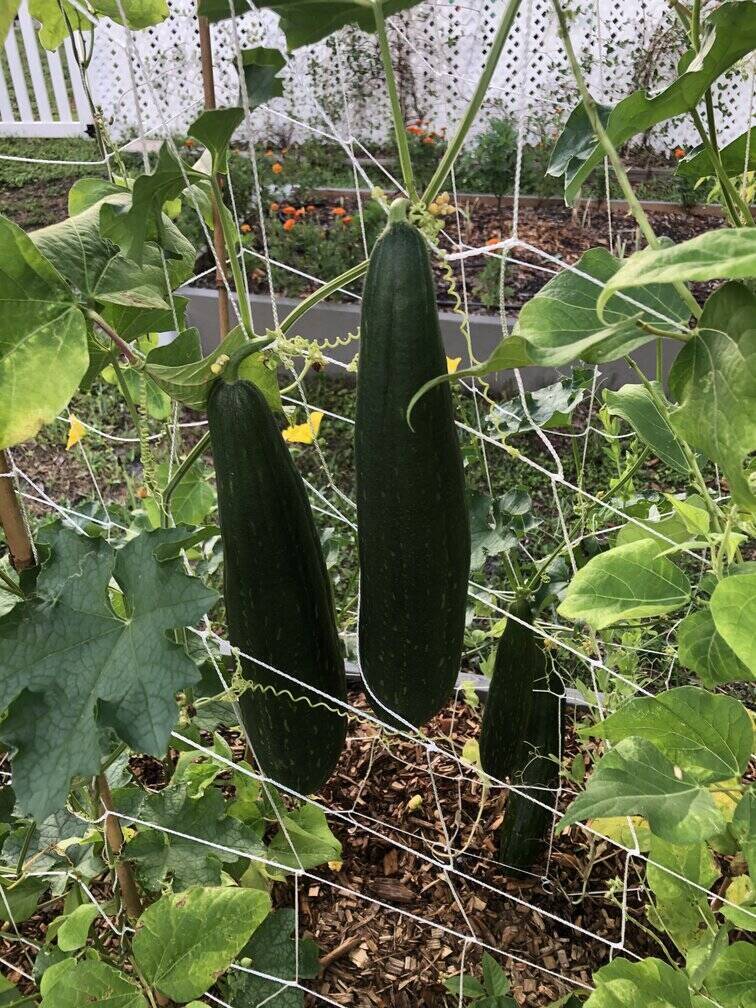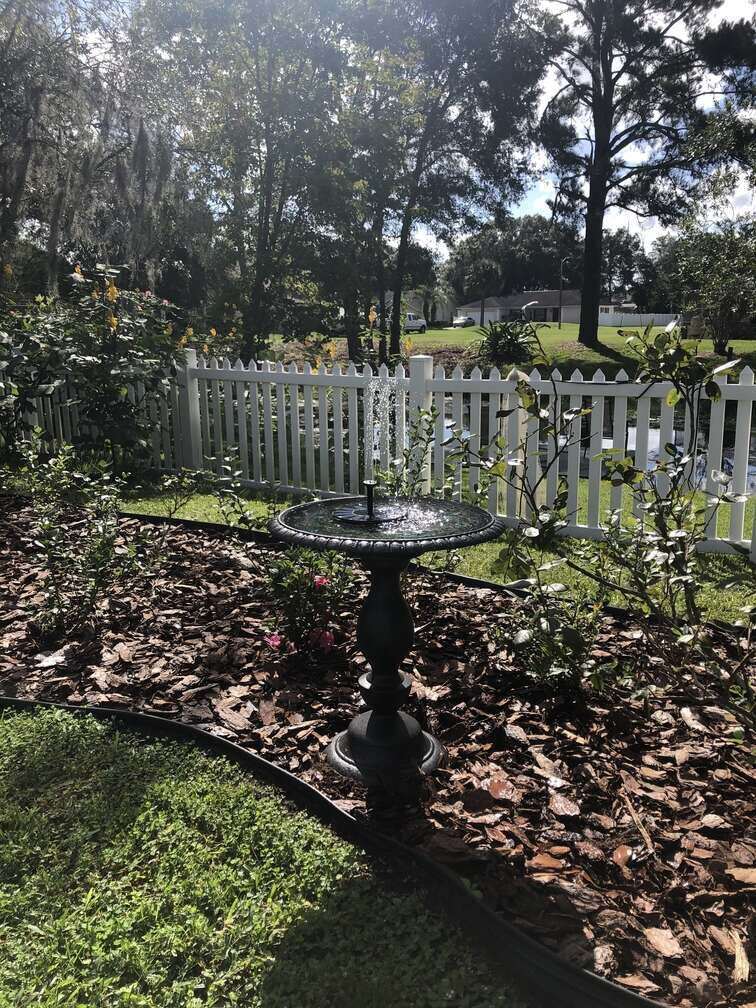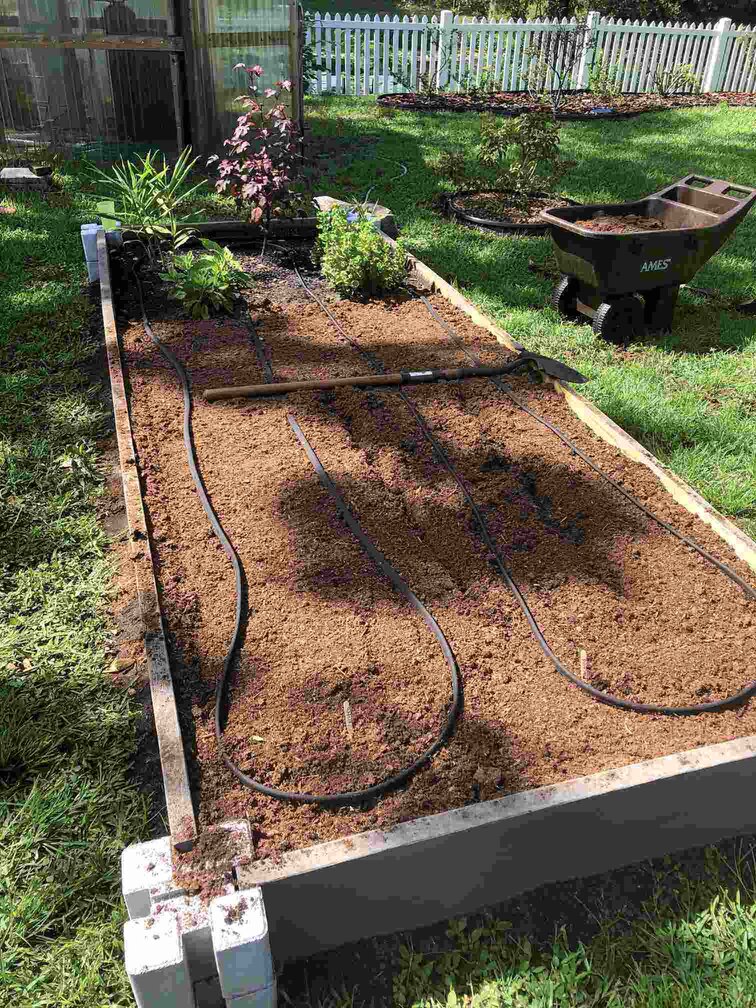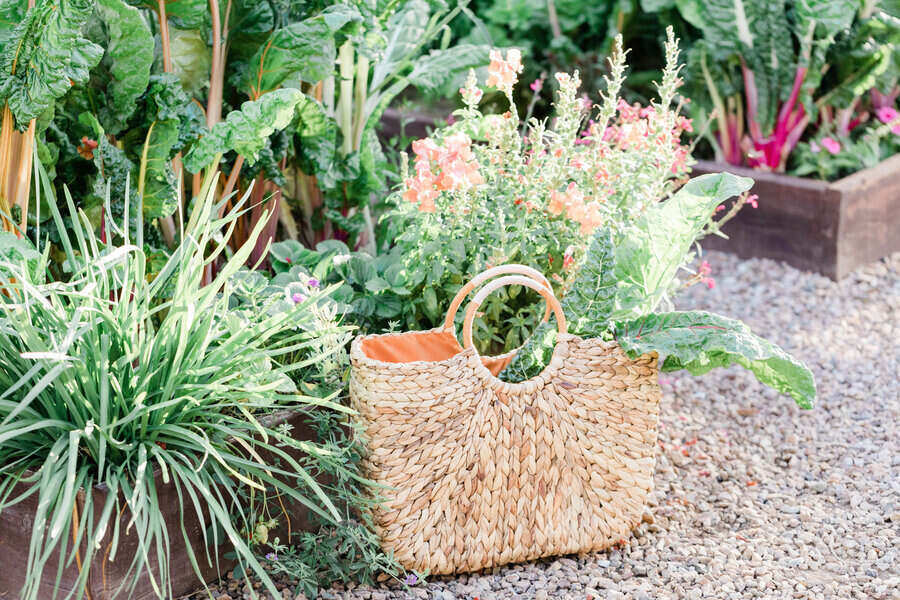Since I learned all my gardening through my husband, I wanted to share some practical tips for starting a garden. I know everyone can do, its just a learning curve with lots of trial and error, but don’t let that scare you off!
I always wanted to start a garden and have a green thumb. Unfortunately I did not achieve this until I met my husband. He has taught me, so much about this subject that he has now gotten me excited about playing in the dirt.
Know Your Garden Zone
Every region in the world has a different growing condition. Some vegetables and fruits do grow better in certain locations.
It is super easy to find your zone, just simply google your growing zone, I leave in Florida and know my zone is 9. I don’t always stick with just zone 9 plants, but I do understand some plants are harder to grow in our conditions. I have tendency to lean towards more tropical or heat resistant verisions of plants and seeds.
Now you can grow vegetables outside of your zone, just remember this is where your trial and error will come in to play. You will have to adjust sun, shade, time of year, and a number of factors.
When you are first starting out, use vegetables and fruits that are native to your region and grow well. Start the experimenting later on when you have some crops under your belt.
Below is a recent picture of our loofah plant. For a non edible, it grew really easy and didn’t need much attention, just a sturdy trellis.

When you start, Always start small!!
When starting a garden, please don’t go as big as you can. You will be head over heels and won’t be able to keep up with everything.
Start simple and practical. I always wanted to start with a full salad in my bed. I would go overboard and plant lettuce, tomatoes, peppers, cucumbers, onions and everything else! Instead my husband taught me the opposite.
Start with making a section for tomatoes and peppers. Start with two manageable items. See how they do and how they grow, than next season expand or change. And that’s why we have vegetables in our garden now!
I had so much going on that I wasn’t smart about when to plant them and strategically who to plant next to who. (Well this is a whole extra step, we won’t cover this here.)
Starting a Garden Near Your Home
My husband and I have managed to build multiple garden beds around our yard. We continue to grow and expand our landscape.
No matter how many “gardens” we add, they all require a certain amount of work. More beds= more work.
As we are getting starting a garden and multiplying it, we have learned a valuable lesson. The beds closest to the home or our patio are the ones we use the most.
They are the most convenient because we don’t have to work out to them. The vegetables and herbs that are grown here are the ones we will use the most.
The closer they grow, the most likely we will use them and see them. So when starting off, don’t put that garden out in the far corner of your yard. You will have a tendency to forget about it.
Start with small containers near your house, so you can monitor the plants’ progress. This will also remind you they are there and need to be watered. If they were further out, you are less likely to keep up with it.
Starting a Garden With What You Will Consume
This heading says it all! Don’t plant seeds just to plant something. Plant vegetation that you will actually consume.
If you plant what you like to eat than you will feel satisfied knowing that you can eat what you grow.
I got an eggplant seedling at the store one time. And tried so hard to make it grow (I think it was the wrong season). But my husband doesn’t like eggplant, so he was not interested in helping. And when it came to re-potting and changing out our crops,it was the first one he took out.
I wasn’t very happy, but at the same time it wasn’t logical. He didn’t want to eat it, so he wasn’t attached to it.
He loves his tomato plants and is always trying a new strategy to grow them or a unique variety. My daughter and him will just go right out to the plant, pick them off and eat them. To the both of them, they like them and will invest the effort to make them grow.
I have added a picture of our blueberry garden. They grow wonderful in Florida, but are only seasonal and need a number of years to mature.

Do Your Research
Besides just knowing your grow zone, research starting a garden. You can’t start out blindly. Watch a few videos, read a few articles.
My husband is found of watching videos of gardeners in our local area. He likes to see what they do in their gardne and use some of their tips.
What may work in a northern region wouldn’t work in a southern part. These simple differences a gardener should be aware of so their efforts aren’t wasted.
My husband has to remind me all the time that we would have better luck growing a coconut tree rather than an apple tree (which I would love) in the state of Florida. I have unrealistic expectations sometimes and he is my voice of reasoning.

Keep Trying and Don’t Stop
Keep going and don’t stop! Your first crop may not be successful but it is not the end of the world. We redo our crops about 3 times a year. And each time we are trying something new.
Sometimes we plant things we are successful and know will work, but we are definitely all about trying new things.
My latest adventure is to use seeds from our crops and replant them. Some have turned out succesful and others not so much. This doesn’t mean I will stop!
I believe if other people can make it work, so can I! I just have to keep practicing until I get it right. And so can you!
If I can develop a green thumb, anyone can. I may not be very handy at first, but I just keep trying.
Don’t give up!






